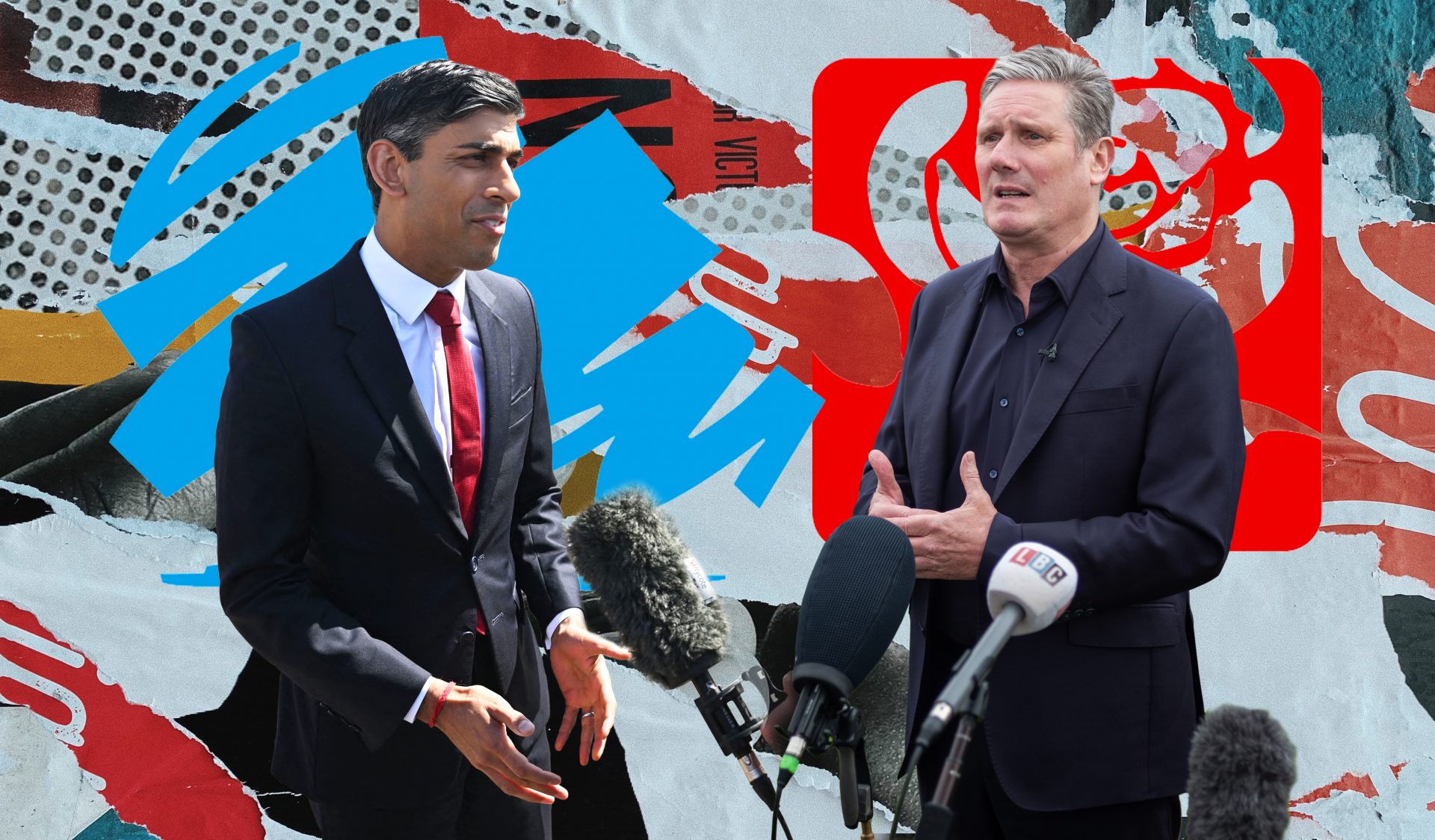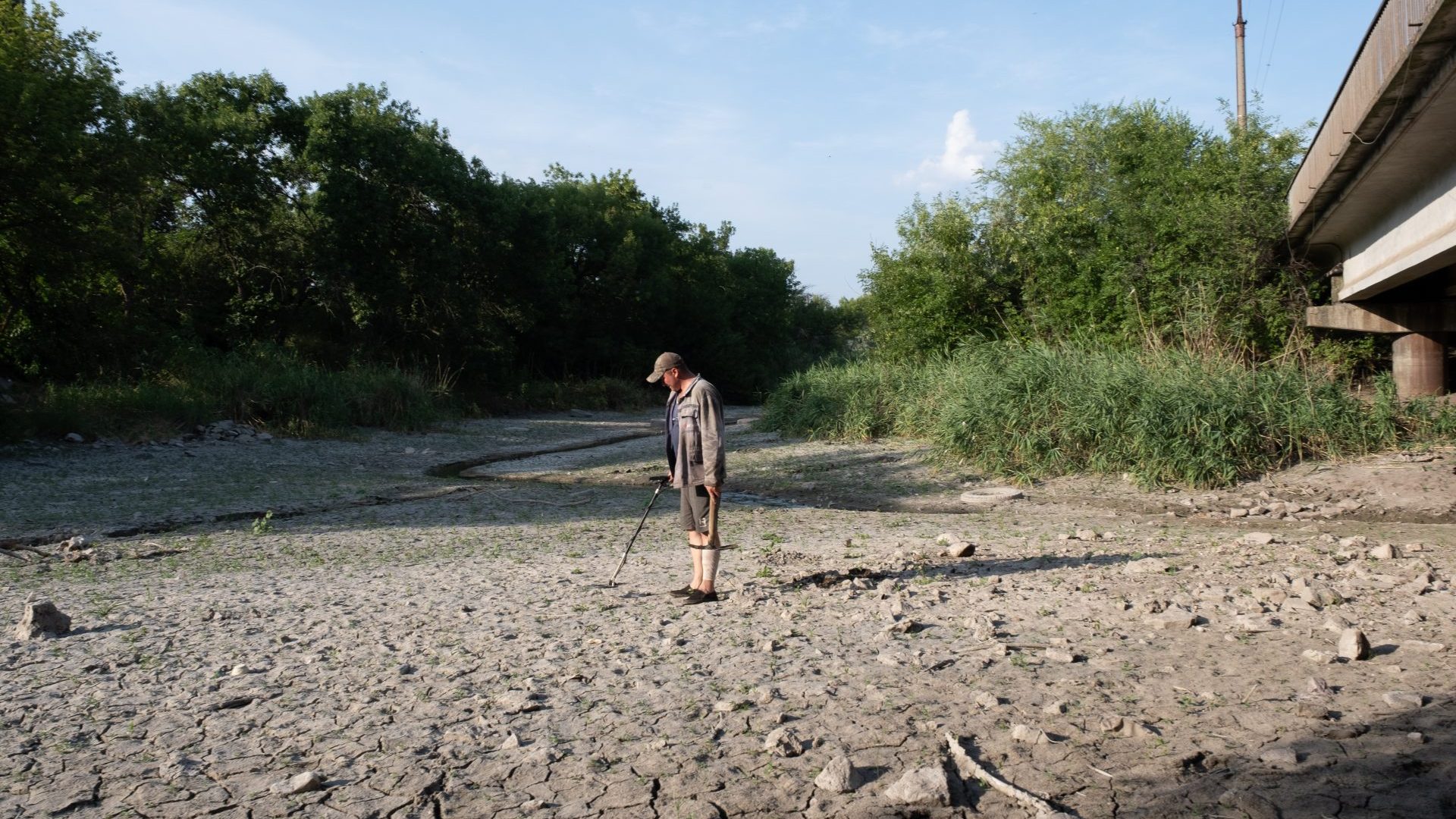Most of us would claim to have money in perspective. It’s not everything – compared with love and peace and truth and meaning and beauty and that sort of thing – but it’s pretty handy stuff when it comes to buying the groceries. Or perhaps we would prefer to say that money, while essential, is not the centre of the moral universe. It’s not money that defines us, but what we do with it.
So far, so sane. Why, then, are important and indeed life-giving organisations run as if the money was the sole purpose of existence? As if the acquisition of money was not just business, but a moral crusade? As if making money were the only way of ensuring that we can live safe, sane and beautiful lives?
Somehow, and largely against our better judgment, we have created a society that operates on the principle that making money is good not just financially, but morally. When it comes to every kind of decision-making in public life, the option that makes more money is automatically preferred: as if any other decision would be unethical.
So let’s have a parable. It concerns the collared dove Streptopelia decaocto. The second word means “18” in Greek and represents the bird’s call. It’s a Greek story: Christ is on his way to crucifixion, afflicted by a terrible thirst. An old woman is selling milk at 18 drachmas a cup, but Christ has only 17. He implores her to sell it for that.
“Decaocto! Decaocto!” And she is turned into a dove for her avarice, doomed forever to repeat that heartless demand. But the parable is out of date. In the 21st century she would be the heroine, fearlessly and uncompromisingly stating what every shareholder wants to hear.
So let’s turn from milk to water. It is a fundamental belief of this money-based morality – the philosophy of the free market – that good business is by definition good for both buyer and seller. If the supplier succeeds, his excellence is rewarded in the marketplace. If the supplier falls short, the consumer exacts punishment by going elsewhere. Margaret Thatcher spelled this out: “We believed that jobs (in a free society) did not depend on government, but upon satisfying customers.”
Here is the romance of money at its most persuasive: do right by us and we’ll do right by you – a freedom that rewards everybody. So what do you do if you are dissatisfied with the water you buy? I’ve had enough of your water! I’m going to shower in champagne, water the plants with Coca-Cola and brush my teeth with Chateau Margaux ’53 (best of the century) – and the water company vows to mend its ways and do a better job for everyone.
How could it be otherwise? Capitalism is the economic expression of liberty: again, Thatcher’s words. So, not being entirely satisfied with the performance of my own water supplier, the privately owned Anglian Water, I will change either to Welsh Water, a not-for-profit organisation, or Scottish Water, which is publicly owned.
And that will learn ’em how to satisfy customers in the hard school of the free market… except of course I can’t, any more than I can change from Greater Anglia to Wales Rail or ScotRail, should I want a better train service between Norwich and London.
I suppose I do have a choice of sorts. I can either give up water or support Anglian Water. This organisation recently had an ad banned by the Advertising Standards Authority because it gave the impression that it was making “a positive environmental contribution”. ASA said, roughly speaking, “You’re ’avin’ a laugh”.
In April, Anglian was fined £2.65m – a whopping 0.6% of operating profits – for discharging 7.5 million litres of sewage into the North Sea. In 2022, the 10 water and sewage companies in England discharged sewage into the rivers and the sea on 301,091 occasions – an average of 824 times every day, so it’s done as a matter of routine rather than emergency. Not all outflows are monitored or measured, so there could have been many more.
In that period, the same water companies handed their shareholders dividends worth £1.4bn. This has been a rumbling scandal in the public domain for several years: these payments were up from a mere £540m in 2021. The water companies were privatised in 1989, and at the same time, to make the prospect of owning a monopoly on a product essential for life more attractive, their debts were wiped out by a prime minister – Thatcher – who constantly claimed that the problem with socialism was that “it eventually ran out of other people’s money”.
Since then, the water companies have incurred debts of £48bn, according to a study by Greenwich University. There is obvious speculation that the money was borrowed not to improve services (and so prevent the routine discharges) but to pay dividends and directors’ bonuses. The Financial Times said the water companies had cut investment in critical infrastructure by a fifth since privatisation, while there has been a real-terms increase in bills of 31% per household.
Thames Water, with 14 million customers – all unable to go elsewhere – is close to collapse. There is a reported £10bn hole in its finances. The chief exec, Sarah Bentley, quit in apparent despair. A spokesman said, without a shred of irony, that the company was in “a strong liquidity position”.
And then there is sport. Sport exists as a metaphor for struggle, bringing us daily dramas of triumph and disaster. Its ever-changing nature reflects the shifting values of the societies that play and watch it. We can talk about Hitler’s refusal to shake the hand of Jesse Owens at the 1936 Berlin Olympic Games, and the World Cup in Qatar last year, just for starters.
Inevitably, sport reflects the prevailing values of the world it’s played in. That is sport’s job: to make a series of bleeding obvious points about our lives. The biggest change in sports administration has been the transition from the blazers to the suits.
The blazers believed that sport itself was a force for good. They were marked by a quiet determination to maintain the hierarchy of the society they lived in, especially their own place in it. They embodied gentlemanly entitlement: the certainty they were doing a fine service to the world by keeping it as it is. Or was.
But they have been replaced by the suits, and they are all about income and profit and broadcast deals and petrodollars. Every scandal – racism, corruption, Qatar’s treatment of migrant workers – is a PR problem rather than a moral issue. That’s not because they think sport is a force for good. It’s because they think money is.
Practically every sport in the calendar has made changes, some of them radical, to become more saleable. Some are good in mere sporting terms. Examples: the tie-breaker in tennis, changes to the points-value of a try in rugby union, the shift to a summer game in rugby league, the designated hitter in baseball, the shot-clock and the three-pointer in basketball, the safety car in Formula One and in football, the back-pass rule and the penalty shoot-out.
Other changes are less good. In the US, for instance, the entire sport of professional golf has effectively been bought by Saudi Arabia. And as for cricket – once it was a sport that, more than any other, was characterised by the blazered tradition of polite hypocrisies. But it has now gone through an enraptured born-again conversion to the morality of the marketplace.
As a result, cricket has become the incredible shrinking game: its prime form has gone from five days to a single evening. This has been going on since the 1960s, but it took the jump to hyperspace in 2007 with the start of the Indian Premier League (IPL). It caught the wave of Indian prosperity and media rights for the IPL 2023-2027 were sold for $6.4bn. It’s reckoned that each match makes $13.4m.
The England and Wales Cricket Board’s own favoured short form is the Hundred, which was needed because in 2005 – after one of the greatest Ashes series in history – the ECB left free-to-air television and joined Sky, which offered a good deal more money and was obviously the right choice. As a result, cricket lost vast swathes of general support; a survey showed that hardly any state-school children could recognise the face of the then England Test captain, Joe Root.
Thus the decision to prioritise money blew up in cricket’s face. Though the ECB first claimed that the Hundred had made profits of £11.8m, a report by Fanos Hira, a chartered accountant and chairman of Worcestershire County Cricket Club, said that the competition had in fact made a loss of £9m. This figure doesn’t include payments totalling £24.7m made to the counties and the MCC (Marylebone Cricket Club) for backing the Hundred.
Here, then, is another parable. We sacrifice stuff that matters and has meaning in the belief that the stuff that makes more money is by definition superior. And then we find that it isn’t superior and doesn’t even make money. Cricket is the man who aimed low – and missed.
I am inclined to believe that the performance of the sports bodies and water companies in general is not greed in the pure sense of the term. It’s ideology. I am reminded of the great Milo Minderbender, mess officer of the squadron in Joseph Heller’s novel of 1961, Catch-22. Milo is a genius who buys eggs for seven cents each and sells them for four – and makes an enormous profit.
“I don’t make the profit,” he explains. “The syndicate makes the profit. And everybody has a share.” This pursuit of good business – of business as a moral good – leads first to his replacement of CO2 cartridges in the life-jackets with a note explaining that their sale is “good for all”. It escalates to the point when he bombs his own squadron, having been subcontracted to do so by the enemy. He is court-martialled, but gets off because he has made such a vast profit.
The big oil companies operate on the same moral system. Our addiction to oil can be understood by reading William Burroughs’ masterpiece Naked Lunch, in which heroin, equally addictive, is seen as the ultimate consumer product. “The junk merchant doesn’t sell his product to the consumer, he sells the consumer to the product. He does not improve and simplify his merchandise, he degrades and simplifies the client.”
Of course, we all know and accept that climate change is an ever-accelerating disaster, but there’s no reason why that should impact profit. In 2022 BP, Chevron, Equinor, Exxon Mobil, Shell and TotalEnergies made a combined profit of $219bn (£170bn), doubling the previous year’s efforts, so shareholders have good reason to be grateful for the war in Ukraine.
BP’s chief executive, Bernard Looney – a name Heller would have rejected as lacking subtlety – said: “We need lower-carbon energy, but we also need secure energy and we need affordable energy. And that’s what governments and society around the world are asking for.” It makes a profit, so it must be right.
All this follows decades in which Big Oil responded to climate change with silence, cover-up, denial and propaganda. The denials came not because climate change wasn’t happening, but because telling people about it would hit profit. It was a choice between profit and the future of the planet – so what other moral choice did they have?




